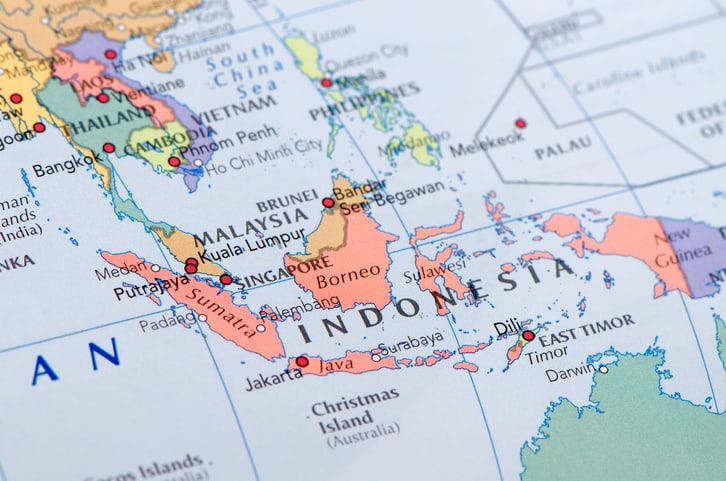The Southeast Asian private equity market saw a slowdown in deal activity in 2022, but the region’s long-term macro fundamentals remain strong, said Bain & Company recently.
Deal value in SEA saw a fall of 52% in 2022 compared to the previous year, with deal count also declining 15% year-on-year, according to Bain & Company’s Southeast Asia Private Equity Report 2023.
Southeast Asian private equity market highlights
- Activity in the region was strong through the first half 2022 (matching 2021 activity levels), before falling in the second half of the year.
- Growth deals continued to account for majority of activity in the region in 2022, with the largest relative declines occurring in the buyout sector.
- Singapore and Indonesia continued to attract the bulk of investment capital in SEA in 2022, accounting for over 80% of the region’s deal value and deal count, but activity across all regions declined during the year. Internet and tech continued to lead as the primary investor sector in each country, with healthcare and financial services positioned as the second and third largest sectors across geographies.
- As a point of reference, according to Bain’s Asia Pacific Private Equity Report 2023 released last month, Greater China saw the greatest fall in deal value in the region at 53%.
- Deal value in Australia-New Zealand, Korea, Japan and India dropped 48%, 39%, 28% and 25%, respectively.
- Exit value in SEA also fell 46% year-on-year as investors struggled with the re-rating of public market valuations, deteriorating portfolio performance and fewer avenues for exits given the decline in IPOs.
“What we are seeing is a natural reaction to the global macro climate. Increasing interest rates, a softening economic environment and general uncertainty over the future have all made it more challenging to get deals done,” said Usman Akhtar, head of Bain’s SEA PE practice, based in Singapore.
Sector perspectives
According to Bain, there are several top trends when it comes to sectors:
- The internet and tech sector saw fewer large ticket investments and lower overall activity levels in 2022 vs. 2021 but still accounted for the bulk of deals done in the region, accounting for 55% of total deal volume in the region in 2022.
- Beyond the internet and tech sector, several other areas continued to attract capital. One to highlight is healthcare, which has seen sustained investor interest on the back of clear secular trends (e.g., ageing populations and rising affluence) and innovation across the value chain (e.g., emerging models outside of the hospital and new digital health tools).
- There are opportunities in the broader energy transition space.
- For SEA countries to meet their long-term carbon reduction goals, there needs to be investment across sub-sectors such as energy production, agriculture, and waste management.
Outlook
Despite near-term uncertainty, the long-term outlook for private capital investment in SEA remains positive, Bain said.
The firm’s analysis showed that macroeconomic conditions in SEA have been more resilient than the rest of Asia Pacific.
Real GDP growth in SEA continued to be strong while inflation related indices remained moderate, Bain observed.
In addition, ongoing geopolitical tensions between the US and China will continue to create opportunities for SEA businesses, the firm added.
As always, the challenge for investors will be on doing the basics well — sourcing good deals and driving value in their portfolio companies, Bain said, adding that investors are increasingly shifting their value creation emphasis to cost-focused efforts.




